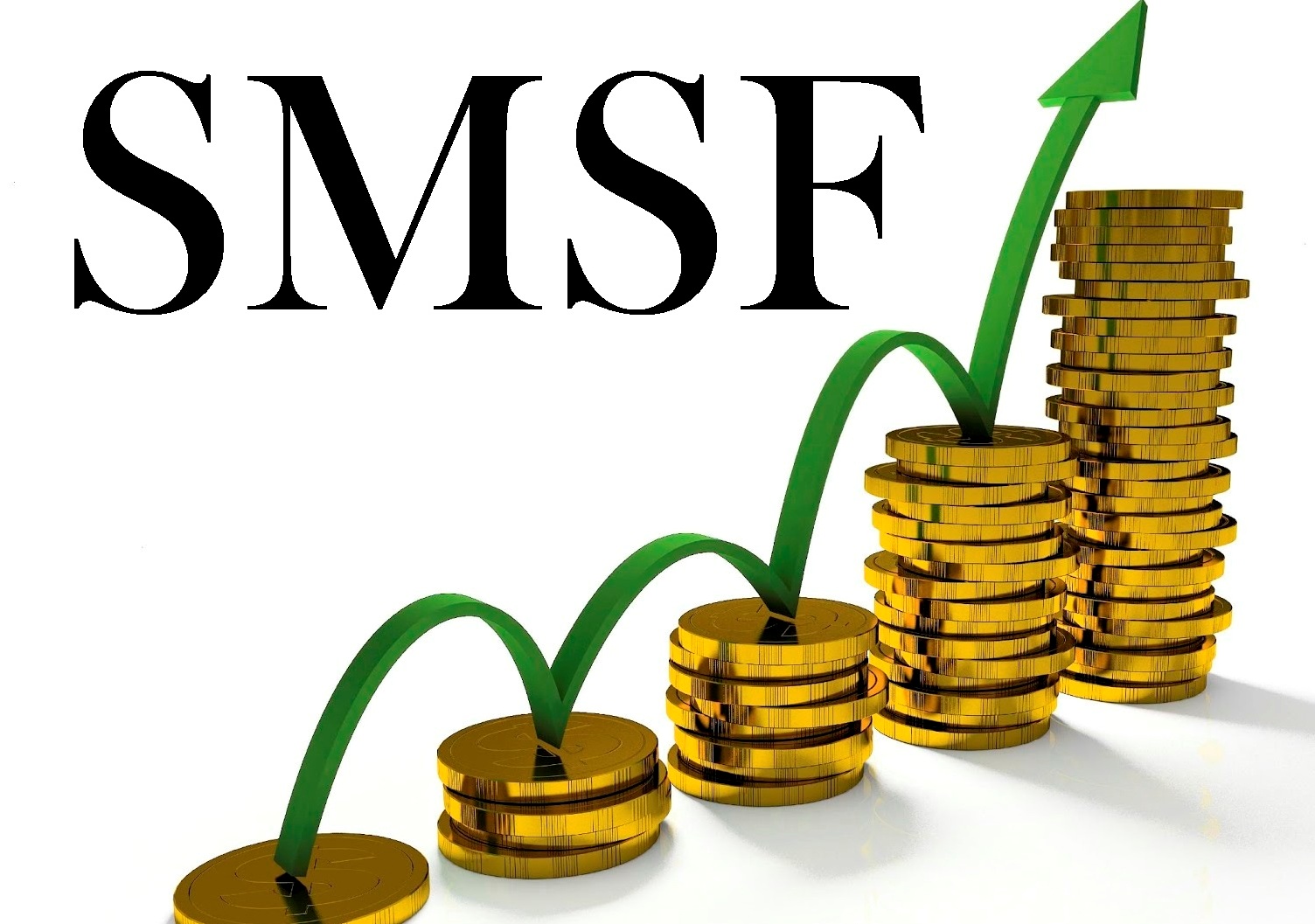Ensuring Asset Valuations:
A Vital Responsibility for SMSF Trustees
If you are a trustee of a self-managed superannuation fund (SMSF), you need to ensure that your fund’s assets are reflected at market value in the annual financial statements.
Our SMSF auditor will check that the assets have been valued correctly and that the basis of the valuation is appropriate. These valuations are also reported to the ATO on an annual basis via the tax return.
The ATO is using the data reported in the tax returns to identify funds who have recorded the same values for assets in their annual returns for the past several years (which suggests that these assets are not reported at an appropriate market value).
There are approximately 16,500 funds who have reported the same value for certain assets for at least three income years. This includes residential and commercial property, unlisted companies and unlisted trust investments. Furthermore, there were no auditor contravention reports listed for these funds for potential breaches of the market valuation rules for the assets.
The ATO will be sending messages to trustees of these particular SMSFs to remind them of the obligation to report assets at market values (and the next tax return will be monitored by the ATO).
If your fund fails to meet the valuation requirements, the fund and members may be required to pay additional tax and could be liable to administrative penalties.
What do you need to do?
If you are the trustee of an SMSF, you need to review the value of the assets that you hold. Each year, we will request evidence from you of the market value of these assets. Often, these values will be readily available (for example, the current price of listed shares). Other times, the services of an independent valuer may be required to confirm the valuation. For example, if your fund holds direct real property, you need to factor in the cost of an annual valuation into the ongoing running costs of your fund.
DISCLAIMER: The information in this article is general in nature and is not a substitute for professional advice. Accordingly, neither TJN Accountants nor any member or employee of TJN Accountants accepts any responsibility for any loss, however caused, as a result of reliance on this general information. We recommend that our formal advice be sought before acting in any of the areas. The article is issued as a helpful guide to clients and for their private information. Therefore it should be regarded as confidential and not be made available to any person without our consent.

Jeanette has over 20 years experience as an accountant in public practice. She is a Chartered Accountant, registered tax agent and accredited SMSF Association advisor. When she is not helping business owners grow their empires, you will likely find her out running on the trails or at the gym. Book in to see Jeanette today.


